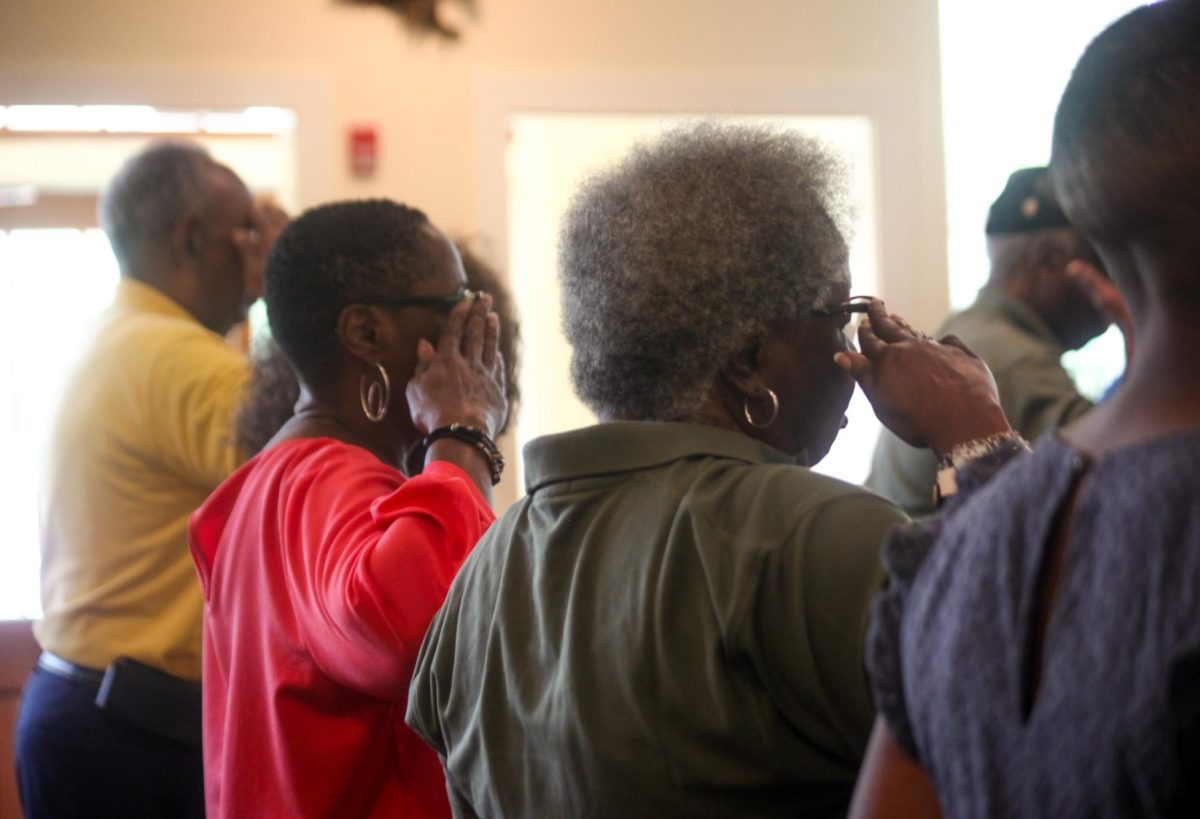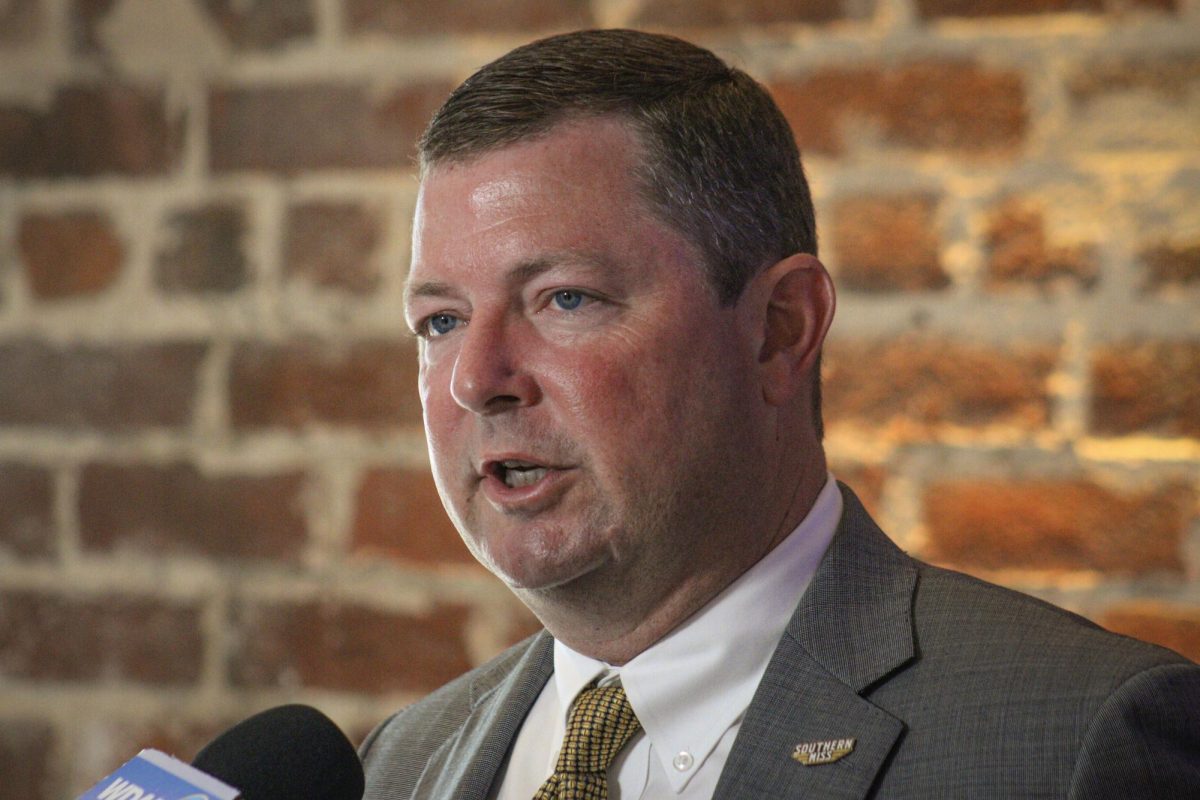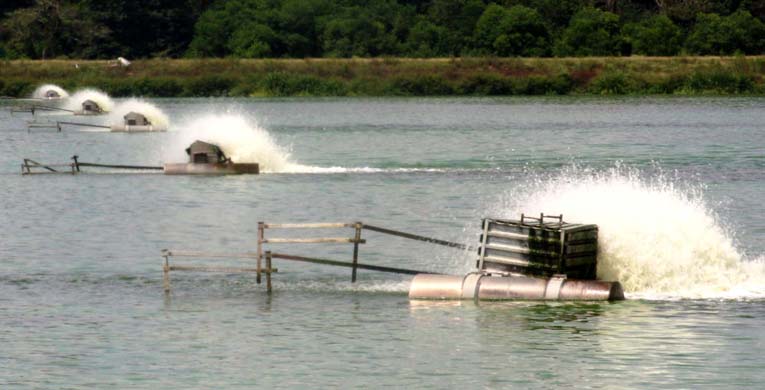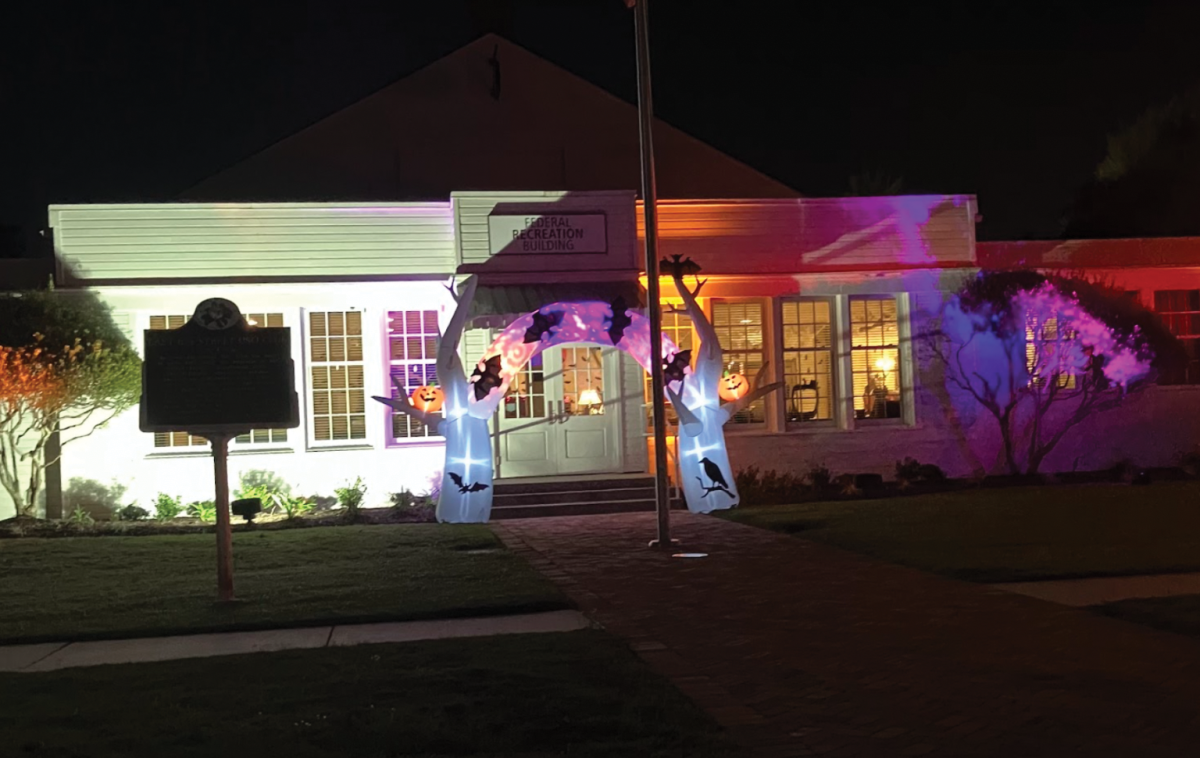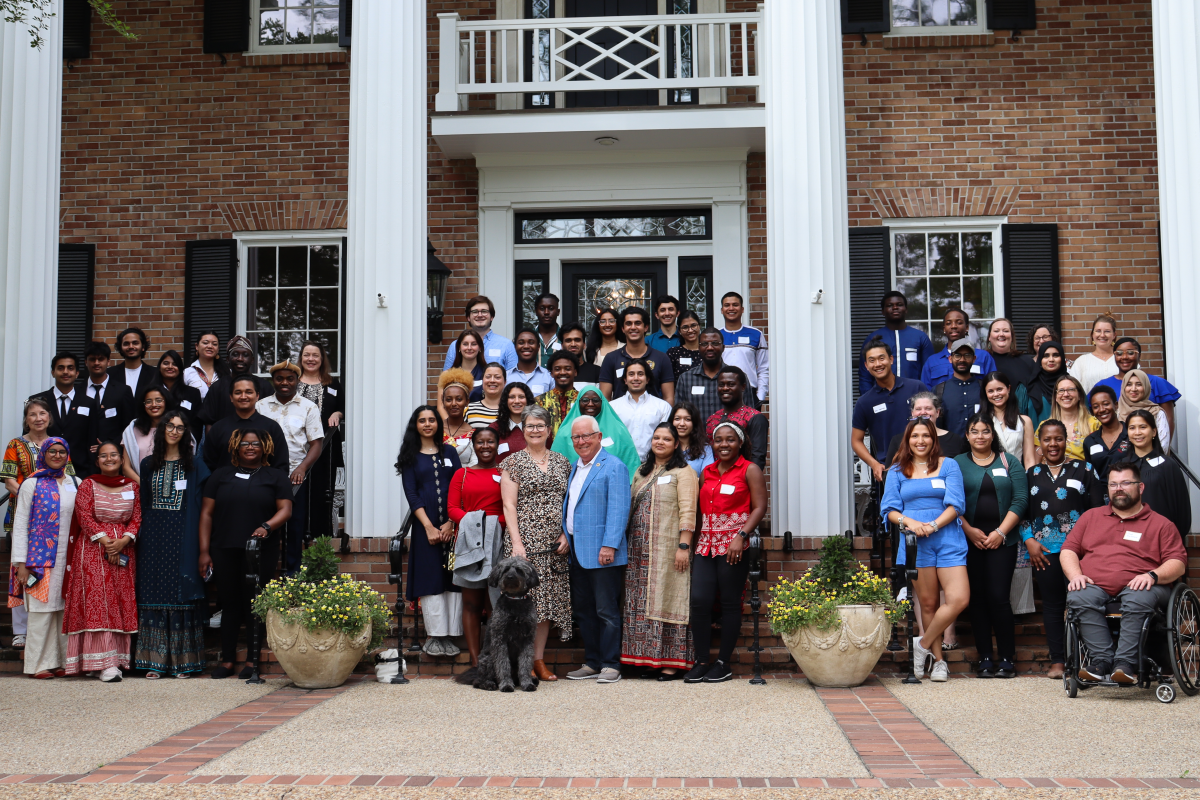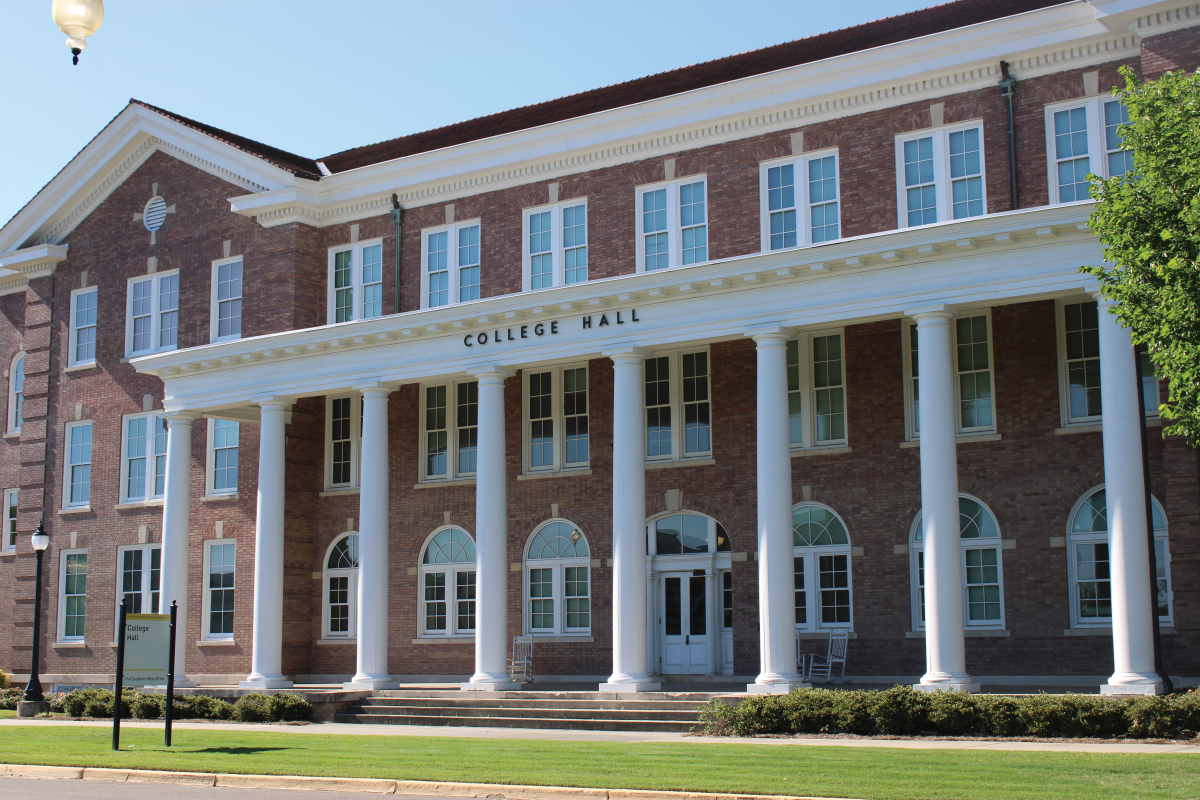Significant complaints have been issued about the foul odor that permeates the city of Hattiesburg, but the real problem exists in its source.
Hattiesburg’s two sewage treatment plants have been in violation with the Clean Water Act for nearly a decade, leaving the city tangled in numerous legal limbos.
Earlier this year, City Council approved a $141 million contract with Groundworx, LLC for the construction of a wastewater treatment system, called a “land application system,” to disperse the treated wastewater. Plans called for the first phase to be operational in 2015.
However, the contract’s price tag created a political standoff over how the agreement would be financed. DuPree previously vetoed the steep sewer hikes required to fund it, leaving the city at loss for funding its 30-year term contract.
In a letter dated Aug. 5, Hattiesburg mayor Johnny DuPree cited a clause in the contract signed in January that allowed either the city or Groundworx to terminate the contract if certain financial arrangements had not been met by June 2.
The contract’s provision said “(in) the event that Groundworx has not secured its financing for the acquisition and construction of the system by June 2, 2014, either party shall have the right to terminate the agreement by written notice to the other on or after June 2.”
“Your representatives informed the city on June 2 that Groundworx had not closed its financing, and it is our understanding that Groundworx had not closed its financing for the acquisition and construction of the system as of the date of this letter,” DuPree said in his signed letter.
City Council then voted unanimously in approval of the mayor’s decision to cancel the contract.
“It is disappointing because I do believe that the best possible solution was a land-application system, but it didn’t work out,” said Council President Kim Bradley to Hattiesburg American.
Andy Taggart, lead attorney for Groundworx, confirmed the city’s letter had been received and has since declined any further comment.
Taggart told Hattiesburg American that the city’s decision to terminate the contract would not affect the pending Groundworx suit from June 19 that places Hattiesburg responsible for the $6 million already spent by the wastewater dispersal company in anticipation of construction.
The city’s legal team from Brunini, Grantham, Grower & Hewes, PLLC, of Ridgeland replied that the contract did not include any obligation for the city to find and/or maintain a means of revenue for the company.
The Council also accepted a reworked court order/consent decree that will reset the clock with state, federal and private environmental entities that had been closing in with deadlines for the city to have a revamped, more environmentally conscious wastewater system designed under construction and in operation.
Groundworx is not the sole construction company the city has had legal tussles with.
Arbitrator Donald C. Dornan Jr. in late June awarded Hattiesburg construction company Precision Construction, LLC $843,929 for breach of contract that led to lost profit, unpaid change orders, extra mobilization, stored materials, retainage deposit return and prompt payment penalty.
Precision Construction was over sewer line repair on Timothy Lane and an area near the old Hercules plant, according to Hattiesburg American.
The city failed to receive a restricted use order at the Hercules site through the Mississippi Department of Environmental Quality amid several other city-caused delays that stalled the project and prompted legal action.
In 2012, Gulf Restoration Network sued the City of Hattiesburg in regards to the violations of the Clean Water Act for the city’s excessive effluent dumping into the Leaf and Bowie Rivers, which led to a Mississippi Department of Environmental Quality enforcement agreement.
Despite years of delays and court-issued orders relating the city’s sewage issue, the City of Hattiesburg still does not have an operational plan in line to tackle the North and South Lagoon system, which has violated permit limits for BOD, total suspended solids, chlorine, fecal coliform and BOD percent removal as well as total suspended solids percent removal, according to a report issued by Gulf Restoration Network.
Foul odors resulting from the sewage discharges also impair the rivers’ recreational usages, and these discharges have affected wildlife in the rivers, stressing aquatic life and resulting in visibly fewer insects and fish for “at least a mile downstream of the South Lagoon outfall,” according to the 2012 Gulf Restoration Network suit.
Andrew Whitehurst, water policy director with the Gulf Restoration Network, said the organization’s case against Hattiesburg is settled and has been submitted to the U.S. Justice Department for approval.
Whitehurst declined further comment on the contents of the settlement agreement until lawyers’ consent.



